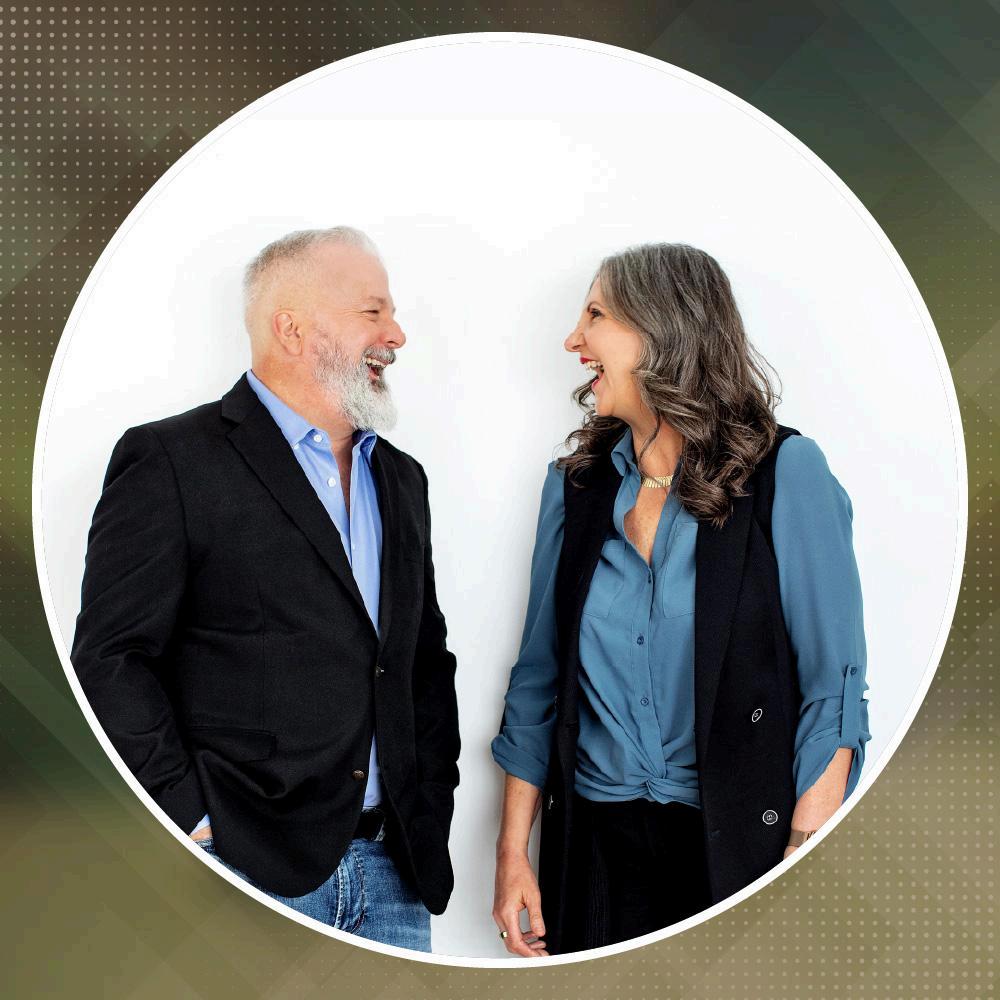Understanding the Differences: Recovery Coaching vs. Traditional Therapy by Dave and Susan Kenney

As explained by Dave and Susan Kenney, When facing addiction or mental health challenges, it's essential to choose the right support system Recovery coaching and traditional Therapy are prominent options, offering distinct methods and benefits. Here's a closer look at how they differ to help you make an informed decision
Methodology and Approach
Recovery Coaching is a client-centered approach focusing on personal empowerment and practical life changes Recovery coaches work collaboratively with clients to set and achieve
specific goals, providing motivation and accountability They often have personal experience with recovery, which helps them connect with clients on a peer level. The proactive coaching process emphasizes action plans and real-life applications to maintain sobriety and improve well-being
Traditional Therapy, however, is conducted by licensed mental health professionals trained to diagnose and treat psychological issues Therapists employ various evidence-based techniques such as cognitive-behavioral Therapy (CBT), psychodynamic Therapy, and others to address underlying mental health problems Traditional treatment therapy is introspective, focusing on understanding and resolving deep-seated emotional and psychological issues
Objectives and Goals
The primary objective of Recovery Coaching is to support individuals in navigating their recovery journey and achieving long-term sobriety Coaches help clients develop life skills, establish healthy routines, and set future-oriented goals. The holistic approach considers all aspects of a person's life to foster overall wellness and resilience.
In contrast, Traditional Therapy aims to identify and heal underlying psychological issues that contribute to addiction or mental health problems. Therapists help clients explore past traumas, develop coping strategies, and understand the root causes of their behavior The goal is to foster emotional healing and mental stability through a deeper understanding of one's psyche
Relationship Dynamics
The relationship in Recovery Coaching is typically more informal and collaborative Coaches act as mentors and allies, offering support, guidance, and accountability. This peer-based relationship can empower clients, fostering a sense of shared experience and mutual respect
Traditional Therapy, on the other hand, maintains a more formal structure Therapists adhere to professional boundaries, providing clients with a safe and confidential space to explore their thoughts and feelings The therapeutic relationship is based on trust, with the therapist offering expert insights and interventions to facilitate healing.
Choosing between recovery coaching and traditional Therapy depends on your needs and goals A recovery coach might be the right fit if you seek practical guidance and peer support to navigate recovery. If you need to address deep-seated psychological issues and seek professional mental health treatment, traditional Therapy may be more appropriate Understanding these differences can help you select the best path for your journey to wellness.
